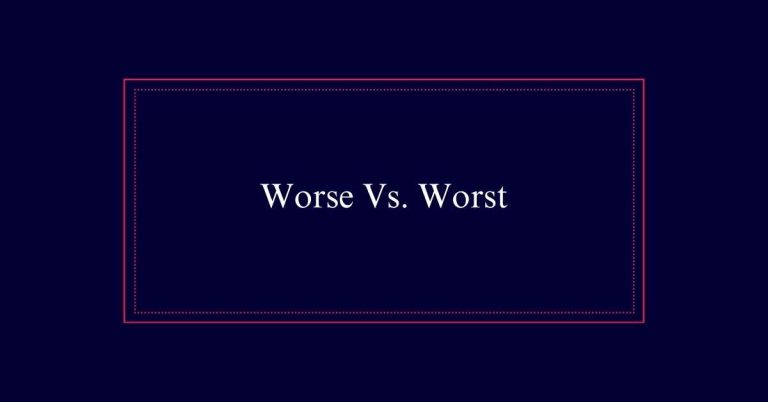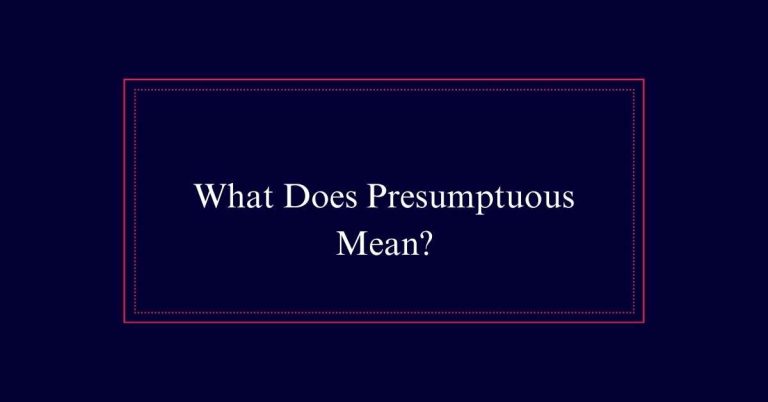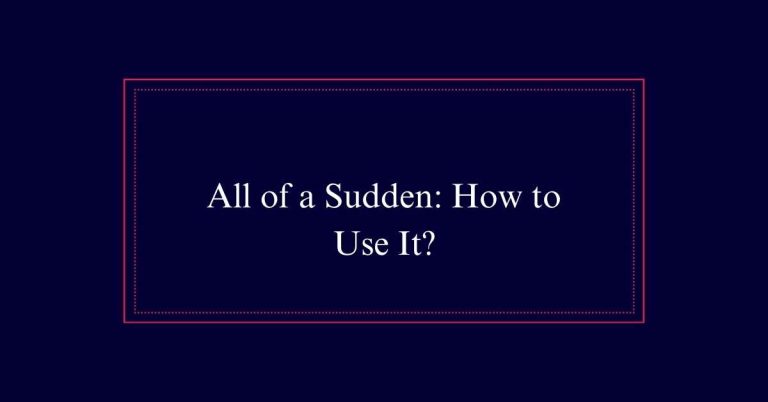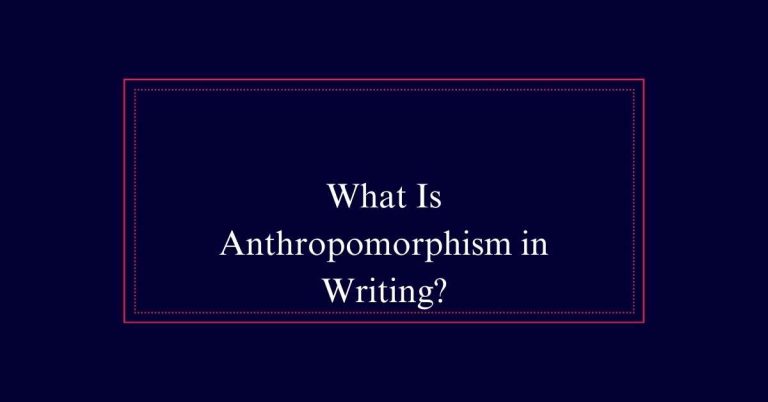Objective Vs. Subjective
Objective information relies on facts, evidence, and quantifiable data. It is impartial and consistent, found in research papers and instruction manuals. Subjective information, on the other hand, reflects personal opinions, emotions, and individual experiences. It is seen in reviews, opinion pieces, and personal essays.
Understanding Objective Information
Understanding objective information is essential for ensuring accuracy and impartiality in communication. Objective information is based on facts and evidence. It is not influenced by personal feelings or opinions.
For example, stating that water boils at 212 degrees Fahrenheit is an essential statement. This type of information is quantifiable, testable, and repeatable. Objective writing is often found in research papers, instruction manuals, and academic essays. It aims to present information accurately and create a foundation of knowledge.
Objectivity in writing helps establish credibility and trust. By focusing on factual representation, objective information supports informed decision-making. Despite efforts, complete objectivity can be challenging due to inherent personal biases. Nonetheless, prioritizing objectivity remains critical in many fields.
Characteristics of Objectivity
To further appreciate the value of objective information, it’s important to recognize its key characteristics. Objectivity is defined by its reliance on facts and evidence, free from personal feelings or biases. This guarantees information is unbiased, impartial, and consistent.
Here is a table highlighting these attributes:
| Characteristic | Description | Emotional Impact |
|---|---|---|
| Factual | Based on verifiable data | Builds trust |
| Impartial | Unbiased and neutral | Encourages fairness |
| Consistent | Repeatable and reliable | Promotes confidence |
Understanding these characteristics helps in distinguishing objective information from subjective perspectives, thereby enhancing the credibility and reliability of the information presented. This differentiation is essential in fields that demand precision, such as scientific research and journalism.
Examples of Objective Statements
Objective statements are rooted in verifiable facts and evidence. They are unbiased and based on observable data. Here are some examples to illustrate objective statements:
- Scientific Fact: Water boils at 212 degrees Fahrenheit (100 degrees Celsius) at sea level.
- Historical Date: The Declaration of Independence was signed on July 4, 1776.
- Mathematical Truth: The sum of the angles in a triangle is always 180 degrees.
- Statistical Data: The population of New York City was approximately 8.4 million in 2020.
These statements are quantifiable and repeatable, ensuring that they are free from personal feelings or opinions. Such objectivity is essential in fields like science, history, and mathematics.
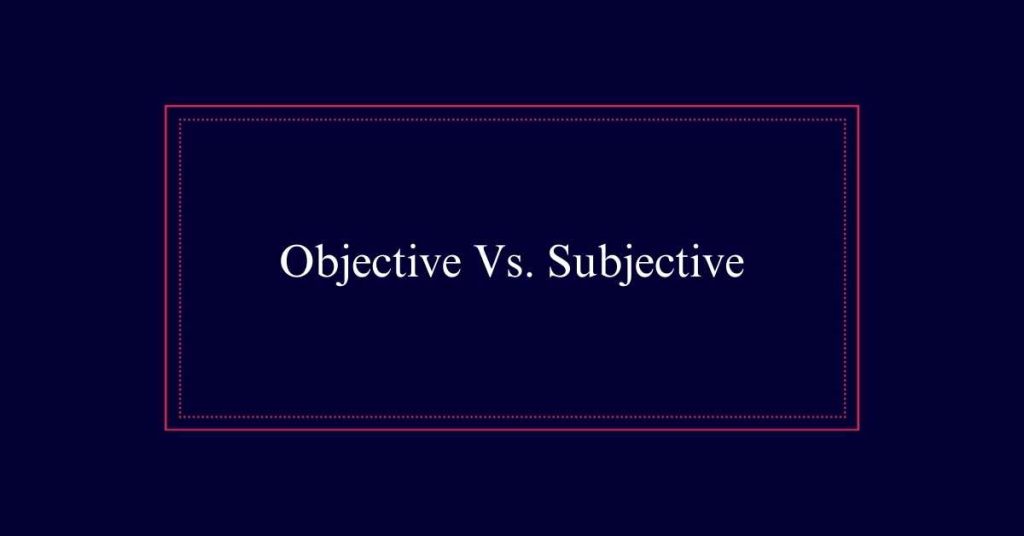
Objectivity in Writing
In writing, objectivity involves presenting facts and verifiable evidence without personal bias. It is essential in works such as research papers, instruction manuals, and academic essays.
Objective writing aims to establish a foundation of knowledge that is accurate and reliable. This type of writing avoids personal opinions and emotional language, ensuring that the information is factual and testable.
By focusing on verifiable data, objective writing helps readers make informed decisions based on evidence. It requires meticulous attention to detail, ensuring that every statement can be substantiated.
Defining Subjective Information
Subjective information reflects personal opinions, emotions, and individual perspectives. Unlike objective information, which is based on verifiable facts, subjective data stems from personal experiences and biases. It is often seen in personal essays, reviews, and opinion pieces. Subjective information can be identified by the presence of emotional language, personal pronouns, and value judgments.
Here are some key points to understand subjective information:
- Personal Viewpoints: It reflects the unique perspectives of individuals.
- Emotional Influence: Emotions and feelings play a significant role.
- Non-Provable: Often, it cannot be proven or tested.
- Varied Interpretations: Different people may have different subjective views on the same topic.
Understanding subjective information is essential for recognizing personal biases in writing.
Characteristics of Subjectivity
Although subjective information is inherently personal, it encompasses several distinct characteristics that differentiate it from objective data. Subjective information is based on personal feelings, tastes, or opinions, making it inherently variable and unique to the individual. Such information is often not provable or based on empirical evidence. Instead, it relies on personal experiences, emotions, and biases. Subjective perspectives can enrich discussions by adding nuance and depth, but they lack the consistency and replicability found in objective data.
| Characteristic | Description |
|---|---|
| Personal Perspective | Reflects individual viewpoints |
| Emotional Influence | Driven by feelings and emotions |
| Non-Provable | Not based on verifiable evidence |
Subjectivity in Writing
Writers often infuse their work with personal opinions and emotions to convey a unique perspective. Subjectivity in writing involves the expression of the writer’s personal views, emotions, and beliefs. This approach is common in various forms of literature and personal communication. It adds a distinctive voice and emotional depth to the text.
Here are four key aspects of subjectivity in writing:
- First-person pronouns: Use of ‘I’ and ‘my’ to share personal experiences.
- Emotional language: Words that convey feelings and moods.
- Value judgments: Opinions that reflect personal tastes and preferences.
- Personal anecdotes: Stories from the writer’s life that illustrate points.
Subjective writing enriches the narrative with personal insights and emotional resonance.
Balancing Objective and Subjective
Balancing objective and subjective elements in writing is essential for creating well-rounded and engaging content. Objective information provides a factual foundation, guaranteeing accuracy and reliability. This is vital in fields like journalism and academic writing, where truth and evidence are paramount.
On the other hand, subjective elements add a personal touch, making the content relatable and engaging. They allow the writer to express personal views, emotions, and experiences, which can resonate with readers on a deeper level.
Combining both aspects helps to create content that is both informative and emotionally compelling. Striking the right balance ensures that the writing remains credible while also capturing the reader’s interest and fostering a connection.
Practical Applications
Incorporating both objective and subjective elements into writing can be highly beneficial across various practical applications. Balancing these two perspectives enhances communication, decision-making, and content richness.
Journalism: Objective reporting guarantees factual accuracy, while subjective commentary offers personal insights and perspectives.
Academic Writing: Objective data and analysis provide a factual basis, whereas subjective interpretations can offer deeper understanding and context.
Marketing: Objective information about a product’s features builds credibility, while subjective customer testimonials create emotional connections.
Creative Writing: Objective descriptions set the scene, while subjective narratives develop characters and engage readers emotionally.
Common Misconceptions
A common misconception is that objectivity means the complete absence of personal influence. While objective statements aim to be unbiased and fact-based, human factors can still subtly affect them.
Researchers and writers aim for total objectivity, but complete detachment from personal experiences and biases is nearly impossible.
Another misconception is that subjective information is always unreliable. Subjectivity provides valuable insights into personal perspectives and emotions, enriching fields like art and literature.
It is also believed that objective and subjective cannot coexist. In reality, they often complement each other. For instance, a scientific study may present objective data while also discussing the subjective interpretations of its findings.
Understanding these misconceptions helps in better navigating the nuances of both concepts.



